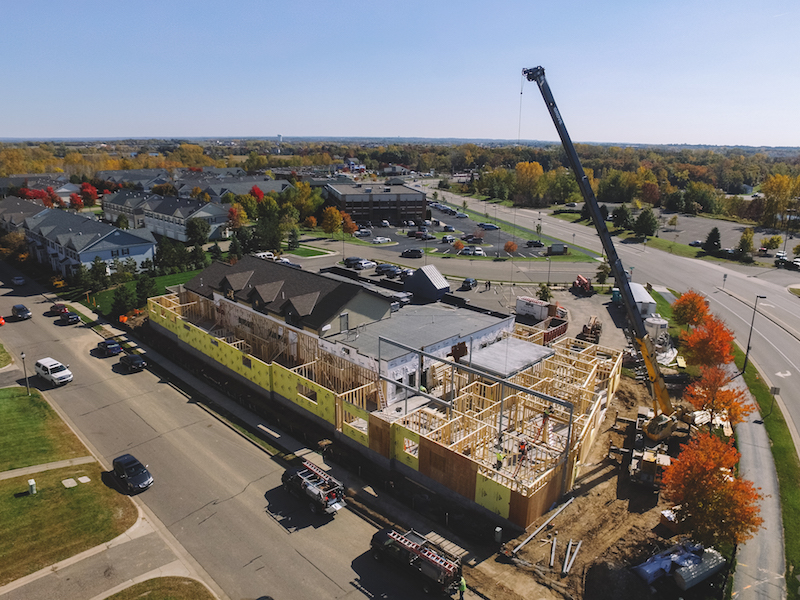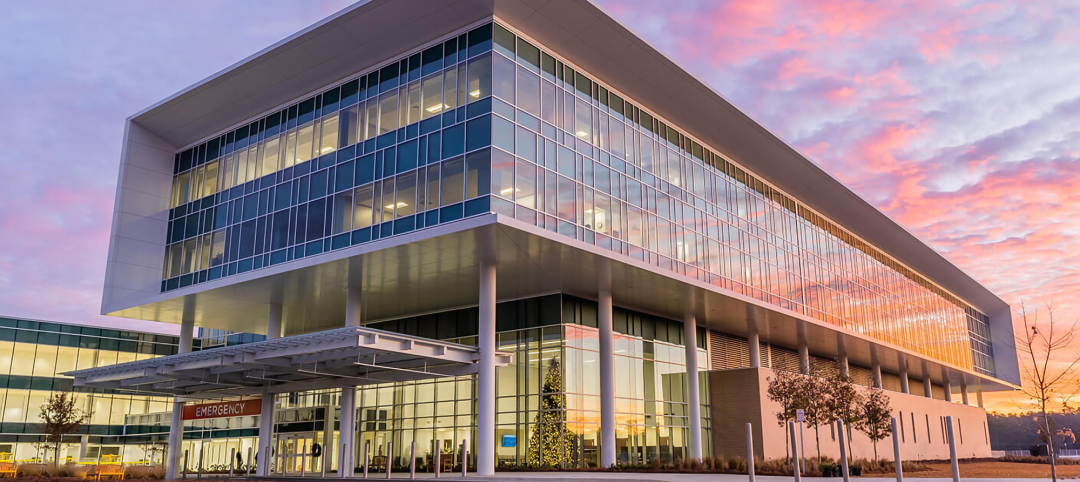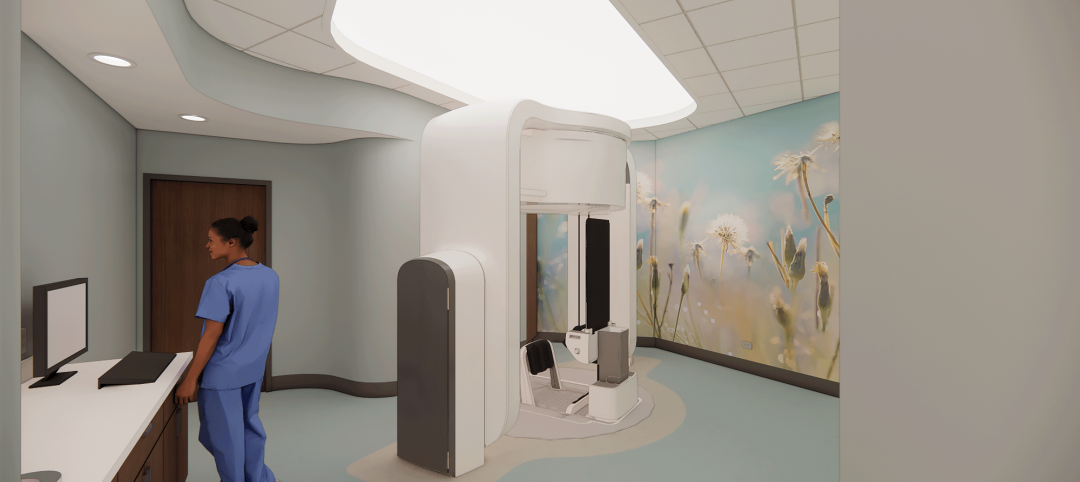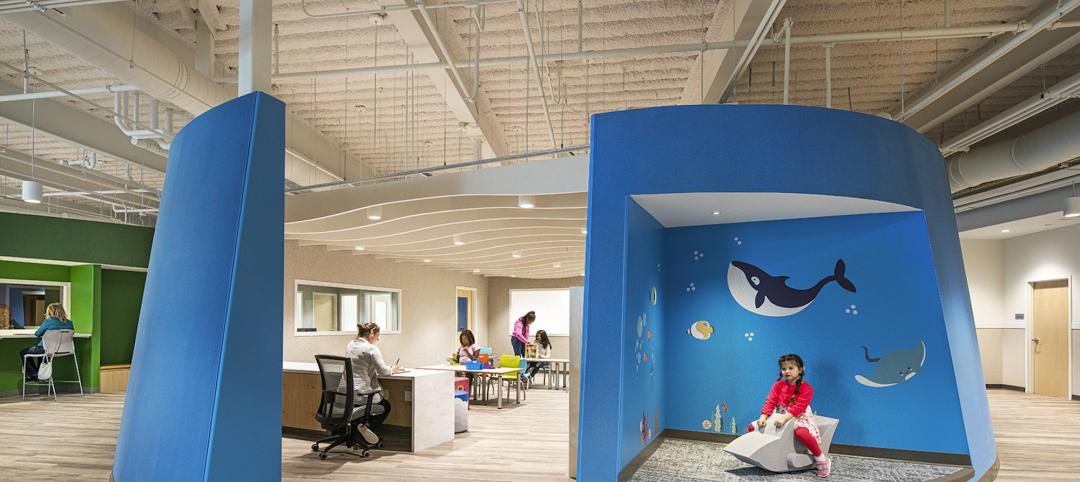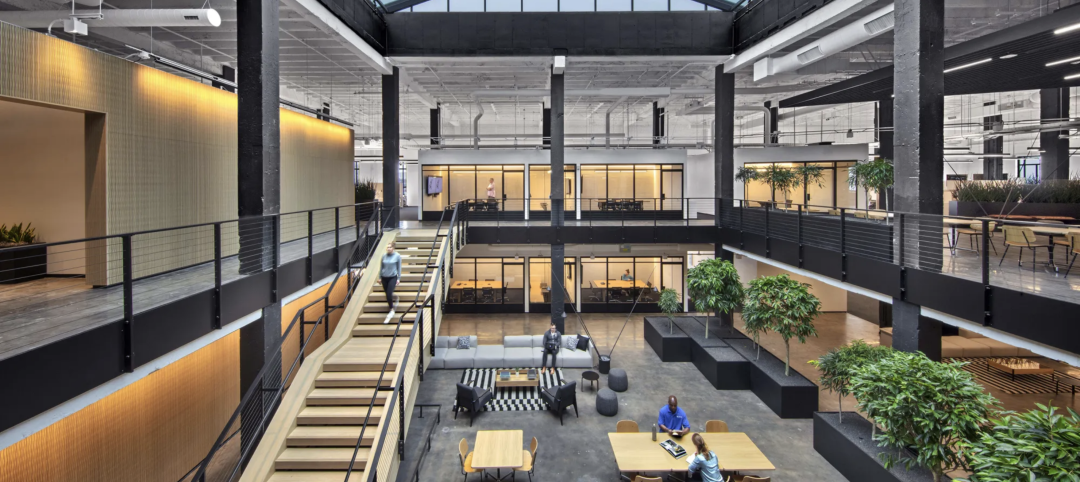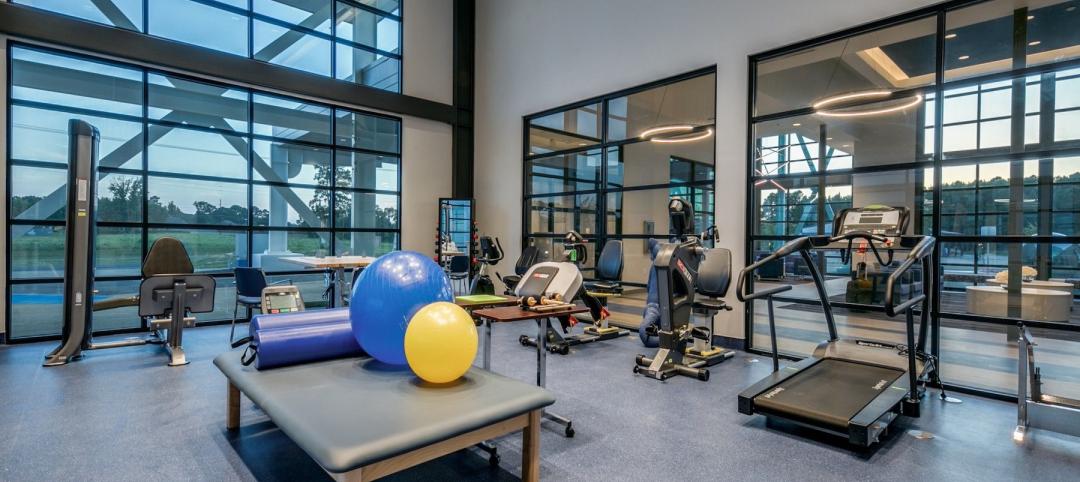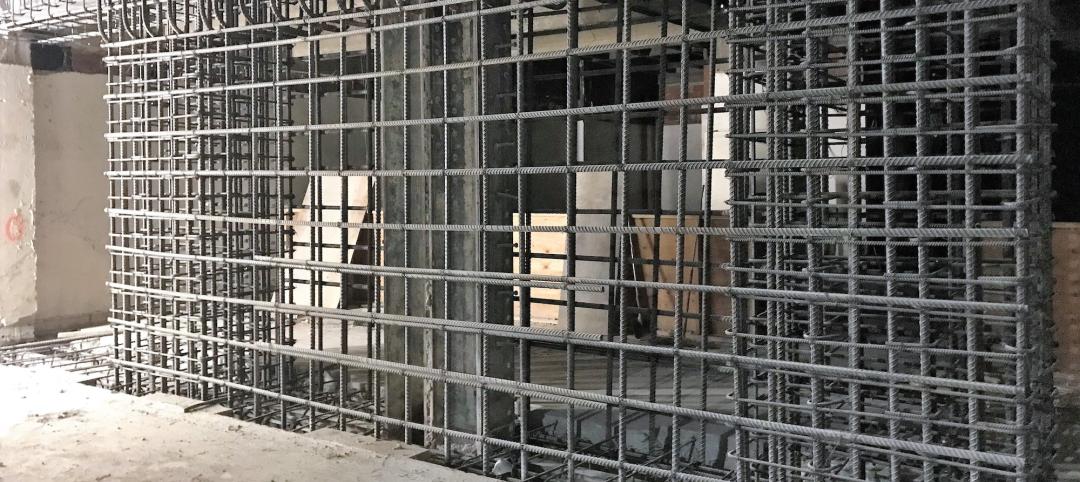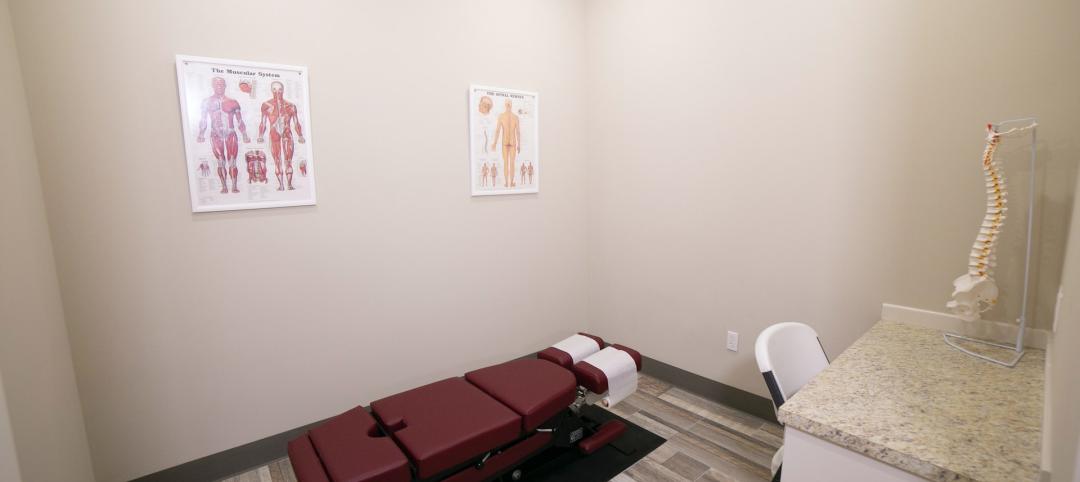In late July, Animal Emergency & Referral Center (AERC) in Minnesota held a grand reopening of its facility in Oakdale, Minn., which underwent a $4.5 million, 17,000-sf expansion that included the installation of medical equipment that is equal to, and sometimes better than, equipment found in medical centers that treat human patients.
The clinic, which was constructed in 2009, over the past several years has increased its pet care specialty services to include internal medicine, surgery, rehabilitation, cardiology, dentistry and oral surgery, dermatology, radiology, and neurology.
As it business grew (it now has 10 specialties), AERC also became better known as a referral service for other clinics.
In 2015, “we looked at how we could max out the Oakdale site,” says Stephen Iaria, AIA, Managing Principal|Architecture for Krech, O’Brien, Mueller & Associates in Grove Heights, Minn., which has worked with AERC since the Center started operating out of a strip mall in 2000. (AERC also has a clinic in St. Paul, Minn.)
AERC owned some contiguous land, and the city of Oakdale “was okay” about the Center using it for expansion, says Iaria. The new space provides more room for staff and patients, as well as for specialized medical equipment.
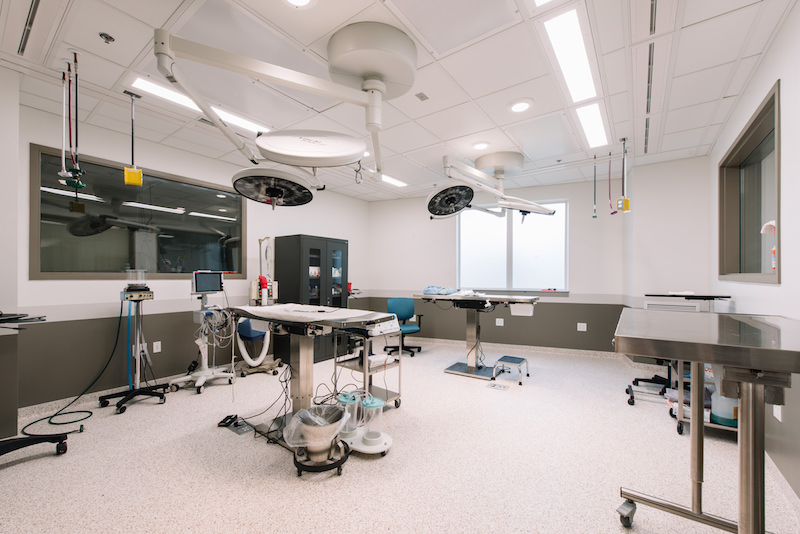
Because it has two operating tables, one of the three surgery suites in the expanded Oakdale facility needed to have better air quality and circulation than are required in an operating room for humans. Image: Adam Kennedy Photography
“It was designed as if it would be for human medicine,” says Iaria. This includes three surgery suites, one of which exceeds human requirements for air quality and circulation because it has two operating tables. That suite also required specialized lighting.
AERC selected MRI and CT scan equipment from the human medical field for their extra power and better image quality. The MRI machine weighs approximately 3,000 pounds and had to be lifted into place via crane. Because of the MRI’s magnetic pull, no surrounding components could contain metal. The CT machine required lead shielding due to its radiation emission.
“There is a real need for these specialists, and having a clinic that can function and house specialty equipment and adapt to the changing medical needs is such a large piece of that,” says Dr. Karen Reynhout, DVM, AERC’s Hospital Director.
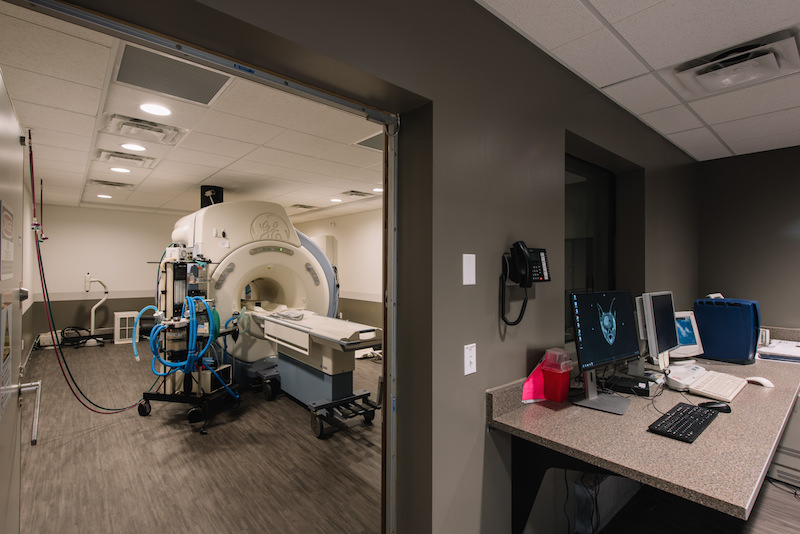
A 3,000-pound MRI machine that was installed during the clinic's renovation and expansion provides the same image quality and power as machines used for humans. Image: Adam Kennedy Photography
In addition to the expansion, AERC had some minor work done to its existing building, including the conversion of one space to a multipurpose room. The renovation team also installed an elevator into a pit that had been designed a decade ago. And a smaller surgery suite was converted into an ultrasound room.
The second floor of the Oakdale clinic is now primarily office and boardroom space.
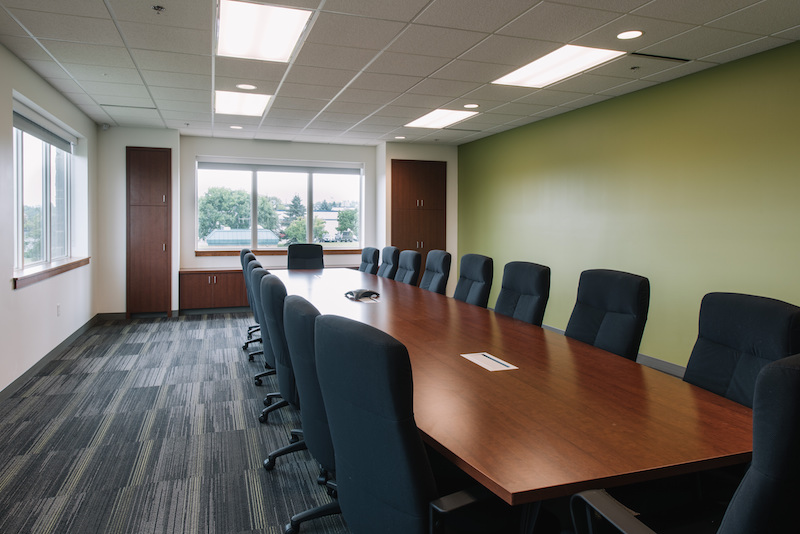
The second floor of the clinic is now used mostly for offices and meeting rooms. Image: Adam Kennedy Photography
Krech, O’Brien was the architect, structural engineer, and interior designer on this project. The renovation team included Emanuelson-Podas (MEP), DJ Kranz (GC), and The Center for Diagnostic Imaging (specialty equipment vendor).
During the renovation, Iaria says his firm “got deep into” how to detail rooms in order to have “an ultra clean environment.”
Related Stories
Healthcare Facilities | Dec 20, 2022
4 triage design innovations for shorter wait times
Perkins and Will shares a nurse's insights on triage design, and how to help emergency departments make the most of their resources.
Healthcare Facilities | Dec 20, 2022
Designing for a first-in-the-world proton therapy cancer treatment system
Gresham Smith begins designing four proton therapy vaults for a Flint, Mich., medical center.
Cladding and Facade Systems | Dec 20, 2022
Acoustic design considerations at the building envelope
Acentech's Ben Markham identifies the primary concerns with acoustic performance at the building envelope and offers proven solutions for mitigating acoustic issues.
Sponsored | Resiliency | Dec 14, 2022
Flood protection: What building owners need to know to protect their properties
This course from Walter P Moore examines numerous flood protection approaches and building owner needs before delving into the flood protection process. Determining the flood resilience of a property can provide a good understanding of risk associated costs.
Healthcare Facilities | Dec 14, 2022
In Flint, Mich., a new health center brings together children’s mental and physical health services
Families with children who experience behavioral health issues often have to travel to multiple care facilities to see multiple teams of specialists. In Flint, Mich., the new Center for Children’s Integrated Services at Genesee Health System (GHS), a public mental health provider, brings together all of the GHS children’s programs, including its behavioral health programs, under one roof. It provides families a single destination for their children’s mental healthcare.
Adaptive Reuse | Dec 9, 2022
What's old is new: Why you should consider adaptive reuse
While new construction allows for incredible levels of customization, there’s no denying that new buildings can have adverse impacts on the climate, budgets, schedules and even the cultural and historic fabrics of communities.
Healthcare Facilities | Nov 17, 2022
Repetitive, hotel-like design gives wings to rehab hospital chain’s rapid growth
The prototype design for Everest Rehabilitation Hospitals had to be universal enough so it could be replicated to accommodate Everest’s expansion strategy.
Seismic Design | Nov 16, 2022
SPC-4D: 7 reasons California hospital building owners should act now to meet seismic compliance
Seismic compliance with the applicable California building codes is onerous and disruptive for building owners, especially for a building in the heavily regulated sector of healthcare. Owners of older buildings that house acute care services have a big deadline on the horizon—Jan. 1, 2030, the cutoff date to upgrade their buildings to SPC-4D.
BAS and Security | Oct 19, 2022
The biggest cybersecurity threats in commercial real estate, and how to mitigate them
Coleman Wolf, Senior Security Systems Consultant with global engineering firm ESD, outlines the top-three cybersecurity threats to commercial and institutional building owners and property managers, and offers advice on how to deter and defend against hackers.
Giants 400 | Oct 6, 2022
Top 60 Medical Office Building Contractors + CM Firms for 2022
PCL Construction, Adolfson & Peterson, Swinerton, and Skanska USA top the ranking of the nation's largest medical office building (MOB) contractors and construction management (CM) firms for 2022, as reported in Building Design+Construction's 2022 Giants 400 Report.


